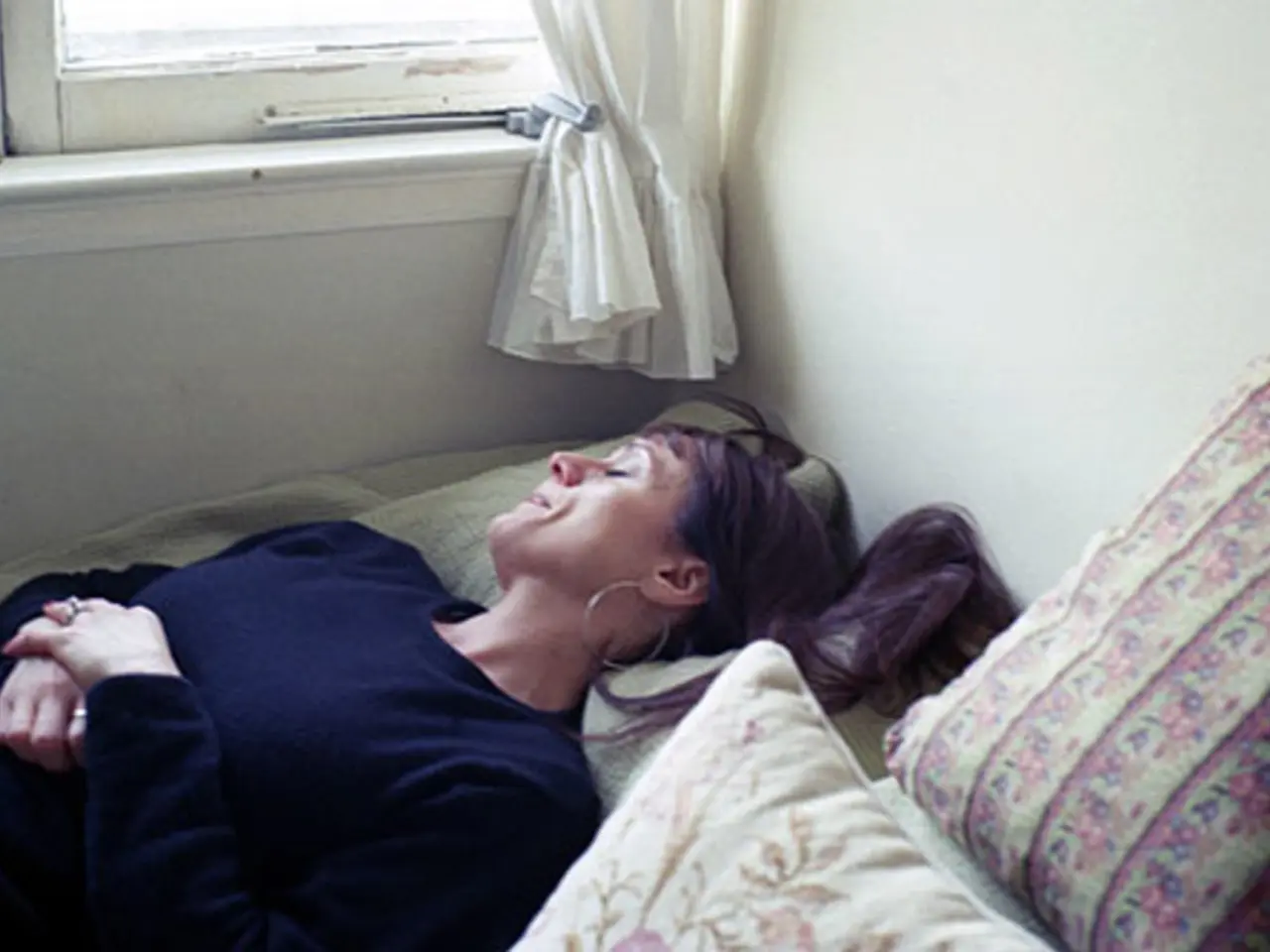Daylight savings time is disrupting sleep—here’s how to adjust faster
The recent time change has left many struggling to find a good night's rest. While it may take up to two weeks to adjust, there are steps you can take to help strengthen your circadian rhythm and ease the transition. Petra Tontsch-Eder, a sleep specialist, suggests seeking professional help if you're still having trouble.
The time change can disrupt our natural sleep cycle, causing a temporary mismatch between our body's internal clock and our external environment. For those with pre-existing conditions like insomnia, sleep apnea, or restless leg syndrome, the adjustment can be even more challenging. Similarly, people with seasonal affective disorder may also be affected.
To help your body adapt, consider avoiding big meals and cutting back on caffeine close to bedtime. Additionally, putting down your phone and other electronic devices can create a more relaxing environment for sleep. Morning light exposure is also crucial for resetting your biological clock and helping you adapt to the time change. Remember, 'falling back' means we're enjoying an extra hour of sleep, so make the most of it.
While it can take up to two weeks to fully adjust to the time change, paying attention to sleep hygiene can help make the transition smoother. If you're still struggling, don't hesitate to consult a sleep specialist like Petra Tontsch-Eder for personalized advice.








